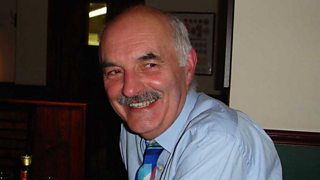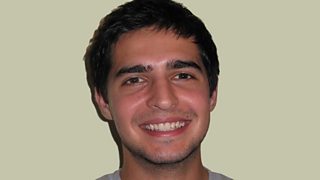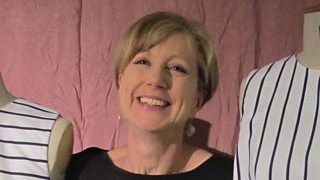Isabel Thomlinson
Everyone has experienced the cringey horribleness of noises like nails on a blackboard. I want to know if there is a particular frequency at which the sound is most unbearable, and if this frequency depends on a person's hearing range, and therefore their age, or perhaps other factors like gender.
| Fact title | Fact data |
|---|---|
| Name: |
Isabel Thomlinson
|
| Occupation: |
Student
|
| Location: |
Shropshire
|
| Age: |
17
|
How would you research this?
Take a natural source of noise (e.g. cutlery scraping on plates, chairs scraping on the floor) and vary the objects used (size of cutlery etc.) to change the frequency of the sound. Ask a wide range of brave volunteers to listen to each sound being performed and rate them on unpleasantness.
Alternatively, synthesise a range of sounds with various frequencies, all based on the waveform of an existing horrible noise. Test on volunteers as before. Once unpleasant frequencies have been determined, you could test harmonics of them to see if they have the same effect.
Take the test
You can take part in Izzy's experiment by listening to a selection of horrible sounds and rating them on a scale of 'not unpleasant' to 'extremely unpleasant'. This experiment has been designed by Izzy Thomlinson and her mentor Prof Trevor Cox from Salford University.
Background
Izzy wants to know whether your sensitivity to horrible noises depends on factors like age, gender and personality. Are men more sensitive to women? Do teenagers react differently to horrible noises than older people?
Together with her mentor, Prof Trevor Cox, Izzy is testing noises that people find annoying for irrational reasons, such as squeaky balloons or microphone feedback. Other nasty noises are horrible for more rational reasons, because the alert us to disease or discomfort, for example the sound of vomiting or babies crying.
The Experiment
Izzy and Trevor took their experiment to The Big Bang Fair at Birmingham NEC from 15-17 March 2012. Around 1,200 volunteers aged 6-60 heard and rated seven horrible sounds. The team are now launching a national experiment to collect more data.
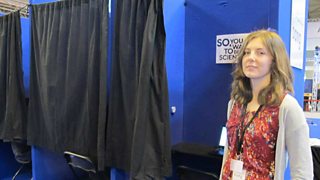
To talk to Izzy and Trevor about their experiment, click 'like' to follow their Facebook research diary.
The team are now analysing the results and planning the next stage of their experiment.
Results
Izzy will present her results at the 'So You Want to Be a Scientist?' finals, which are being held at .
Scientific mentor
- Trevor Cox
- Prof of Acoustic Engineering
- University of Salford
- Speciality: Performance room acoustics
Ìý
-
![]()
Material World
Scientists describe their work and share the excitement of their research projects.
Related Links
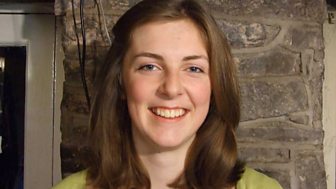
Amateur Scientist Research Diaries
-
![]()
Follow Izzy's research diary on Facebook
-
![]()
Follow William's research diary on Facebook
-
![]()
Follow Dara's research diary on Facebook
-
![]()
Follow Val's research diary on Facebook



